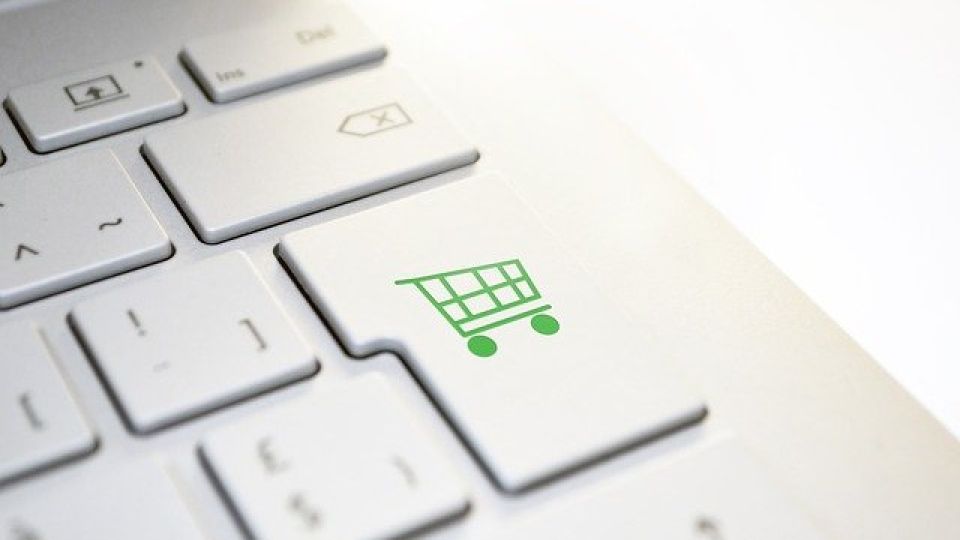February 24, 2025
JAKARTA – The Food and Drug Monitoring Agency (BPOM) has released a list of 91 brands of illegal cosmetics, from both inside and outside the country, often sold through online marketplaces and advertised on social media.
The list, published on Friday, is based on a nationwide inspection of factories, importers, distributors and retailers carried out between Feb. 10 and 18. Most of the illegal cosmetics were found in Jakarta, Yogyakarta, Bogor in West Java, Palembang in South Sumatra and Makassar in South Sulawesi.
The agency identified 205,133 illegal products of more than 4,000 variants, with a total estimated value of Rp 31.7 billion (US$1.9 million). The figure is 10 times higher than the Rp 3 billion worth of cosmetics seized last year.
Most of the cosmetics were not certified by the BPOM, according to the agency, potentially containing hazardous substances such as mercury, which is linked to skin cancer after long-time exposure, and hydroquinone, which can cause hyperpigmentation, a condition which leads to dark patches of skin.
According to BPOM head Taruna Ikrar there has been a shift in the distribution of these unauthorized cosmetics.
“Many [consumers] choose cosmetics sold online, particularly those reviewed by influencers and ones that went viral on social media,” he said during a press briefing on Friday.
He added that the agency found that some distributors used falsified distribution permit numbers originally assigned to other brands.
Another method involved blue-labeled skincare, which refers to prescription based-cosmetics being distributed using fake permit numbers to deceive consumers into believing that they were buying over-the-counter products.
Read also: BPOM vows to clamp down on skincare industry
Many of the brands included in the BPOM’s list were widely reviewed on video-sharing platform TikTok. Among them were coloring shampoo under the brand Mokeru and makeup sets sold by Maycheer, as well as eyelashes and mascara under the brand Gecomo.
Other popular brands often reviewed on social media include Ribeskin; Lameila, which specialized in makeup sets; IBCCCNDC, known for its eyebrow stamps; SP Special, which produces whitening cream and Tanako, a lip product brand.
The Jakarta Post found that some videos reviewing and recommending these brands have been viewed as many as 470,000 times on TikTok as of Sunday.
To curb the promotion of unregistered cosmetics, the BPOM is drafting a regulation on cosmetics advertising. For the policy, the agency discussed with the Communications and Digital Ministry, the Trade Ministry and the Industry Ministry, while also scheduling a public consultation involving brand owners and associations of cosmetic and food industries.
“The BPOM aims to protect consumers,” Taruna said. “We will not unfairly target influencers, but those who promote illegal products will face legal consequences under this regulation.”
As a follow up to the recent raid, the BPOM brought up four cases for further investigation for potential criminal violations. The agency did not specify who was implicated in the cases, only mentioning that the cases were found in Bogor, Makassar, Manado in North Sulawesi and Rejang Lebong regency in Bengkulu.
The remaining brands found during the raid were processed administratively, with their production and distribution banned, while the distributors were ordered to destroy any remaining products.
Under the 2023 Health Law, any parties found guilty of producing or distributing illegal cosmetics that may contain hazardous substances may face up to 12 years in prison and a maximum fine of Rp 5 billion.
Read also: BPOM seizes Rp 8.9b worth of illegal, hazardous cosmetics
The BPOM has intensified its monitoring and raids against unauthorized skincare and cosmetic products.
Amid a global surge in both demand and supply of beauty products over the last decade, Indonesia has been grappling for years with the increased distribution of illegal cosmetics sold through various platforms.
In January, the BPOM announced the confiscation of Rp 8.9 billion worth of illegal cosmetics sold across Java. Most of the cosmetics, seized between October and November of last year, came from other countries, such as China, South Korea, India and Thailand.


